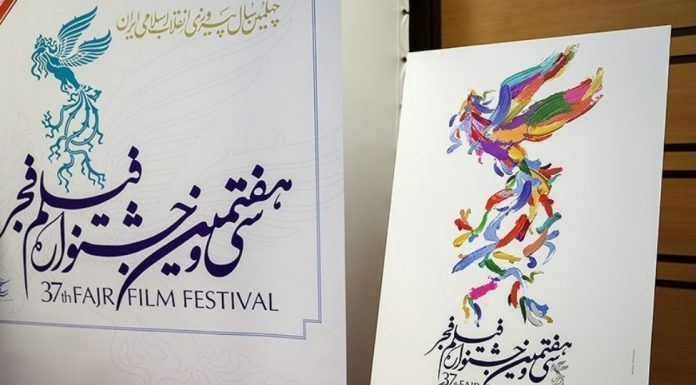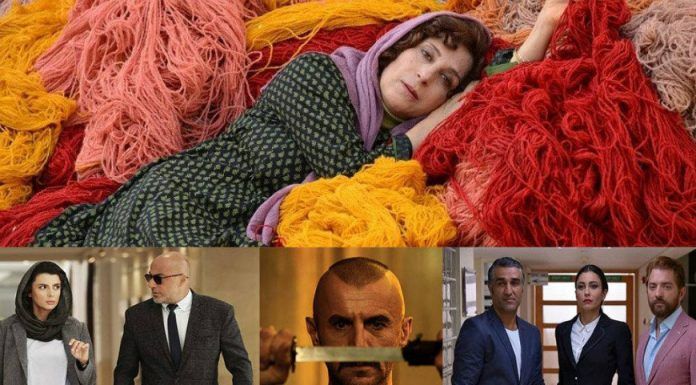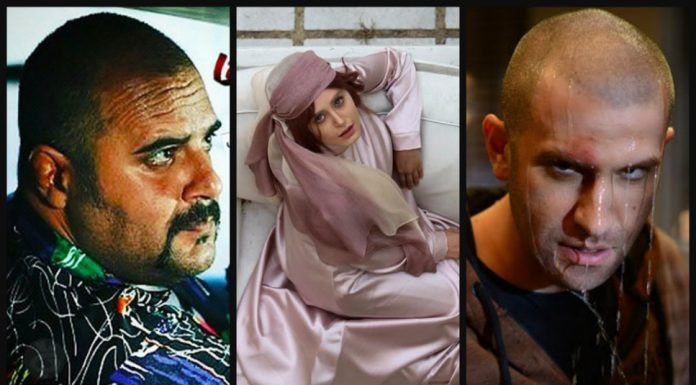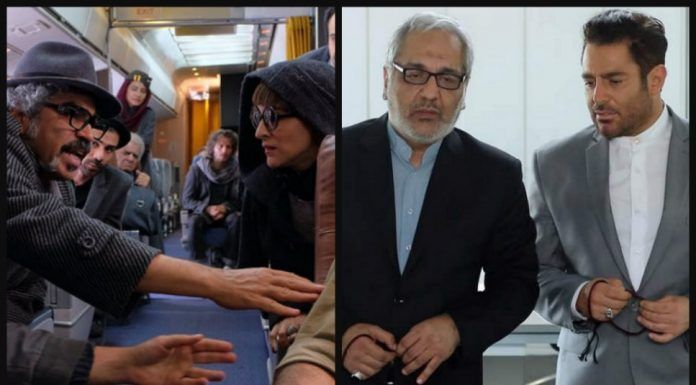The 37th Fajr Film Festival, scheduled to run from January 31 to February 11 in Tehran, coincides with the 40th anniversary of the Islamic Revolution. Many prominent filmmakers have reportedly decided not to take part in this year’s event, including two-time Academy Award winner Asghar Farhadi, who turned down an invitation to be on the festival’s Jury. It is also unclear whether Majid Majidi, an Academy Award nominee, will join the jurors.
Mr. Farhadi’s “A Separation” and “The Salesman” won the Academy Awards for Best Foreign Film in 2012 and 2017, respectively. Mr. Majidi’s “Children of Heaven” was nominated for the Academy Award for best Foreign film in 1998.
Ebrahim Daroughehzadeh, the director of this year’s Fajr Film festival, told the Iranian Students News Agency (ISNA): “I personally asked Mr. Farhadi to be on the panel of judges, but he turned down the invitation. We have not finished compiling a list of potential jurors yet, but the committee will have to decide on the final candidates by January 19 at the latest. Also, we have not spoken to Mr. Majidi yet.”
Some directors are reluctant to submit their films to the festival, fearing that it might be censored or banned from release and distribution. They argue that some organizations and individuals, who are either invited or receive free tickets to the festival, try to influence the selection process, and in some instances even push for censoring and banning some films. These privileged ticket-holders are not necessarily powerful officials, but have, in some cases, been ultraconservative Qom seminarians who have prevented the release and distribution of some movies.
Iranian director Kamal Tabrizi recently urged his fellow filmmakers to release and distribute their movies directly in cinemas to prevent them from being censored or banned if submitted to the Fajr Festival.
Many other directors have decided to push for the general release of their movies instead of entering them into the competition section of the festival this year — including Massoud Dehnamaki’s “Prisoners,” Farzad Motmaen’s “Whole Night,” Kiarash Asadizadeh’s “FM Band, Row 48,” Reza Dormishian’s “We Have To” and Manouchehr Hadi’s “Rahman 1,400.”
Others, however, believe that the media have stirred up the controversy surrounding the Fajr Film Festival.
“Some directors make low-budget commercial films that don’t belong in festivals,” director and screenwriter Sirus Alvand said. “There is absolutely no shred of truth to the reports that filmmakers are reluctant to submit their works to the festival. I was at the Fajr Festival’s front office the other day and saw filmmakers lining up to take part in the event.”
Mr. Alvand explained: “Some directors make only bad commercial films that aren’t even box-office hits. They don’t even bother to participate in the Fajr Festival. They care about marketing their works. I think the 37th Fajr Festival is going to be very exciting. I don’t care if my film is selected or not as long as the festival is a success.”
Meanwhile, the Ministry of Culture and Islamic Guidance’s Director of Cinema Mohammad Reza Fajri recently said: “All submissions to the Fajr Festival will be granted priority distribution rights.”
Translated from Persian by Fardine Hamidi





